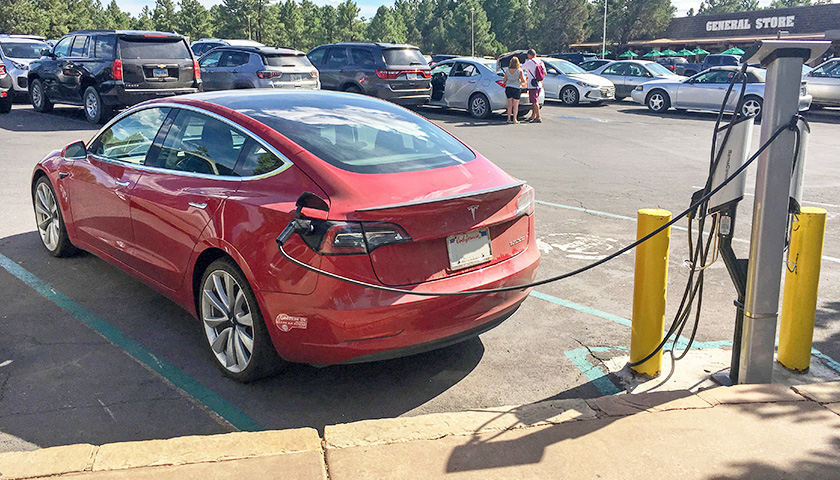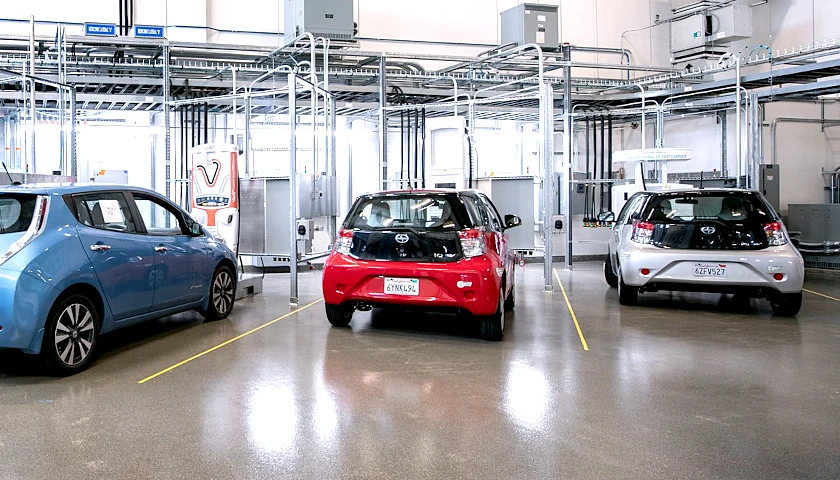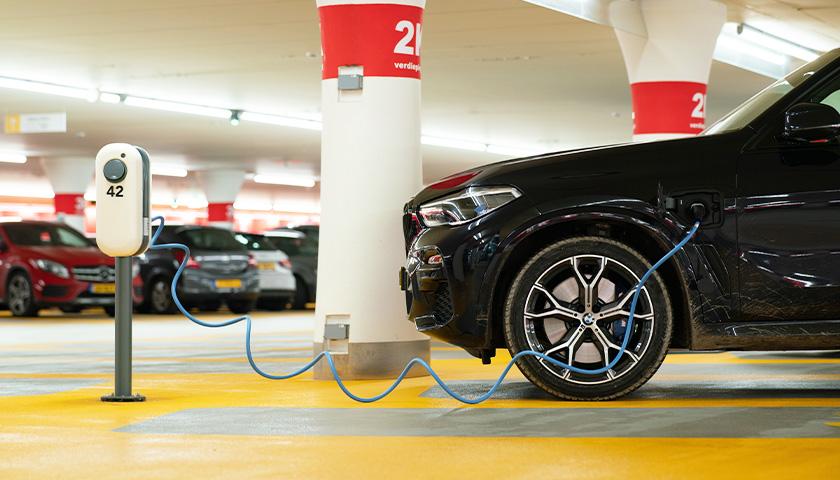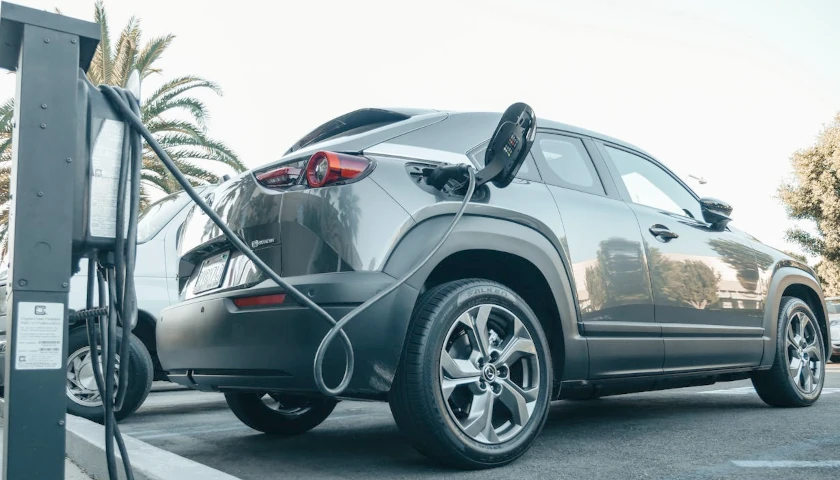by Jon Styf
Chattanooga is planning to spend $9.2 million, including $4.5 million from a federal grant, to create what it calls a testbed for electric vehicle charging.
The remaining $4.7 million will be paid for by a combination of the University of Tennessee-Chattanooga, the city of Chattanooga, private industry and the EPB energy company.
The pilot program is intended to create a “networked system that will enable electric vehicle drivers to more readily locate charging stations.”
The funds were part of $49.2 million in innovative technology grants for 10 different projects awarded by the U.S. Department of Transportation’s Federal Highway Administration and Federal Transit Administration.
The system is intended to track the charge on each of the individual vehicles and then recommend the right charging station based on traffic and grid power demand. The federal program’s goal is to pay for pilot programs that could be later scaled nationally, if effective.
“ATCMTD grants promote innovations that help expand access to transportation for communities in rural areas and cities alike, improve connectivity, and prepare America’s transportation systems for the future,” said Acting Federal Highway Administrator Stephanie Pollack. “The program uses advanced technologies and innovation to promote safety for drivers and transit riders and funds projects across the nation that others can learn from as national models.”
The proposal was part of the Chattanooga Smart City program and its development was led by Osama Osman, Chief Scientist and Smart Transportation Thrust Lead for UTC’s Center for Urban Informatics and Progress , and CUIP Founding Director Mina Sartipi.
“This award is a game changer,” Osman said. “It will transform Chattanooga into a living testbed for all sorts of smart transportation technologies, making the city a leader in EV deployment and EV charging management and set the stage for more transformation yet to come.
“The idea is to connect EV users to customized charging opportunities considering traffic conditions and electric grid status — customized in the sense of the charging station type, such as ‘fast ‘— and location to be recommended to an EV user based on their current charge, how much time they have, real-time traffic status, and state of the electric grid.”
The program will be rolled out in phases with Sartipi saying the state is estimated to have 200,000 electric vehicles in use by 2028.
“In the first year, we will develop the architecture and the ConOps as well as the procurement of the devices,” Sartipi said. “In the second year, we will install and test the equipment. Relevant algorithms will be developed and baselines will be established. During the third year, we will collect data, analyze it and measure the impact.”
– – –
Jon Styf is an award-winning editor and reporter with The Center Square who has worked in Illinois, Texas, Wisconsin, Florida and Michigan in local newsrooms over the past 20 years, working for Shaw Media, Hearst and several other companies.
Photo “Electric Vehicle Charging” by Grand Canyon National Park. CC BY 2.0.






So this great company is spending $9.2 million. I think not. They are possibly investing ZERO dollars after gobbling up our tax dollars from various “grants”. You know – grants = “Free money”. Baloney!! This thing smells like 5 day old fish!
We will be walking or riding a bike in five years. No power grid.
the replacement battery packs cost$ how much ?
More money wasted by Chattanooga’s Champagne Socialist Mayor, Tim Kelly
just wait until these EV owners get to replace the battery packs every 9-10 years.
at about $25,000 each. Think I am kidding?
( don’t forget to check on the proper disposal of your battery pack either)